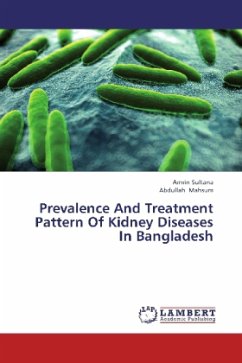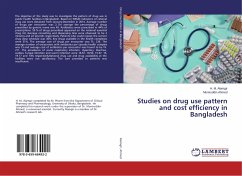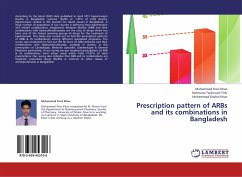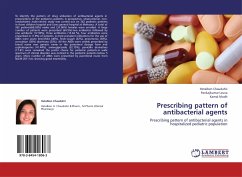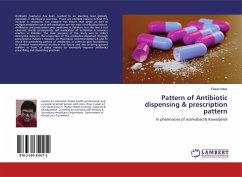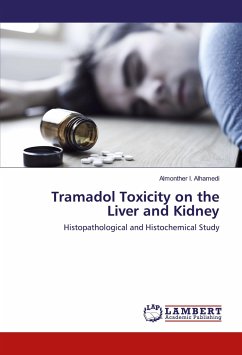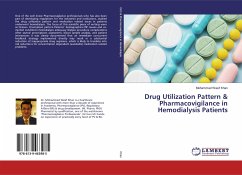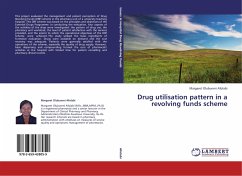This study represents the pattern of kidney disease and their treatment in tertiary care hospitals in Bangladesh. To conduct the study i consulted the doctors nephrology department of National Institute of Kidney Diseases and Urology hospital to select patients for data collection.120 patients were selected, among which 68 were male and 52 were female. I found that, most of the kidney patient in acute &chronic renal diseases as a public health problem epidemiology, social, and economic implications. The impact of kidney disease on the global burden of diseases is probably underestimated by current methods of evaluation. However, kidney diseases are emerging as a major health problem. I also found that most of kidney patients were present with some other complication, of them hypertension renal disease, retinopathy neuropathy were the most common clinical complication of kidney disease. There is a paucity of data regarding the prevalence and clinical consequences of the chronic renal failure, maintenance dialysis, and renal transplant population in our country. The attendant complications of malaise wasting, anemia, and decreased immunity may predispose these patients to infection.
Bitte wählen Sie Ihr Anliegen aus.
Rechnungen
Retourenschein anfordern
Bestellstatus
Storno

